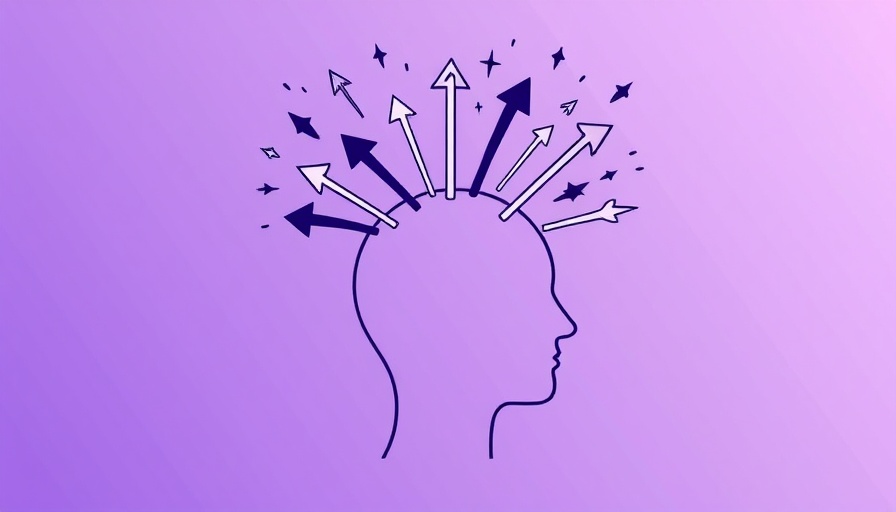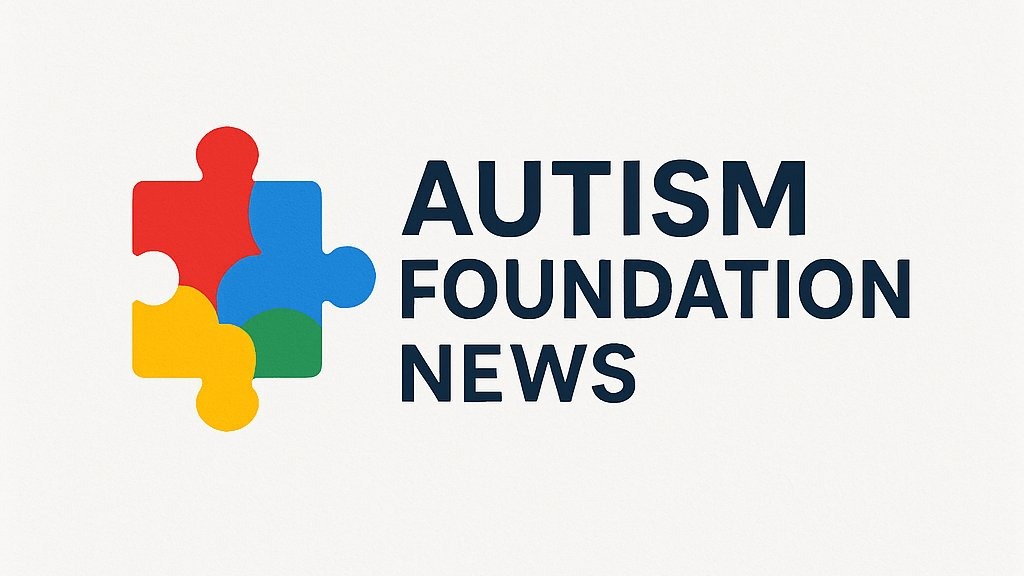
Understanding ADHD: A Medical Perspective
ADHD, or Attention-Deficit/Hyperactivity Disorder, is often misconstrued. It is a complex medical condition with a strong genetic basis, as significant as that of traits like height. This condition undermines executive functions, which encompass self-management skills, ranging from attention and impulse control to time management. Individuals with ADHD face heightened challenges in emotional regulation and self-criticism, impacting everything from academic performance to interpersonal relationships and even physical health.
The Role of Mindfulness in Managing ADHD
Mindfulness is gaining traction in ADHD management but is frequently misunderstood. It's crucial to clarify that mindfulness isn’t a standalone treatment. While it can enhance concentration and impulse control, it should complement traditional interventions rather than replace them. Emphasizing practices like self-compassion and loving-kindness can foster greater self-awareness and regulation, making it easier for individuals to adhere to established ADHD treatments.
A Broader Approach to Mindfulness
The integration of mindfulness into ADHD care transcends the conventional notion of meditation; it is about cultivating patience and kindness. Creating systems of ongoing support is vital, which can be structured around three foundational pillars: training the mind, building community, and fostering a continuous learning mentality. Additionally, these pillars support both individuals with ADHD and their networks, including family and caregivers, enhancing overall adaptability and resilience.
Real-Life Implications and Benefits
Through mindfulness practices, individuals manage not only the symptoms of ADHD but also develop holistic approaches to life's challenges. Examining our thought processes and actions through a lens of mindfulness can reshape our perceptions, encouraging individuals to acknowledge self-worth independent of their ADHD. This empowerment allows for skillful choices that minimize the condition's impact on daily life, paving the way for healthier coping strategies.
Awareness of one's mental state through mindfulness helps diminish feelings of self-blame. Engaging with mindfulness can transform the way individuals approach challenges, allowing them to realize that recognizing and understanding one's unique brain wiring is not a weakness but part of the human experience.
 Add Row
Add Row  Add
Add 




Write A Comment